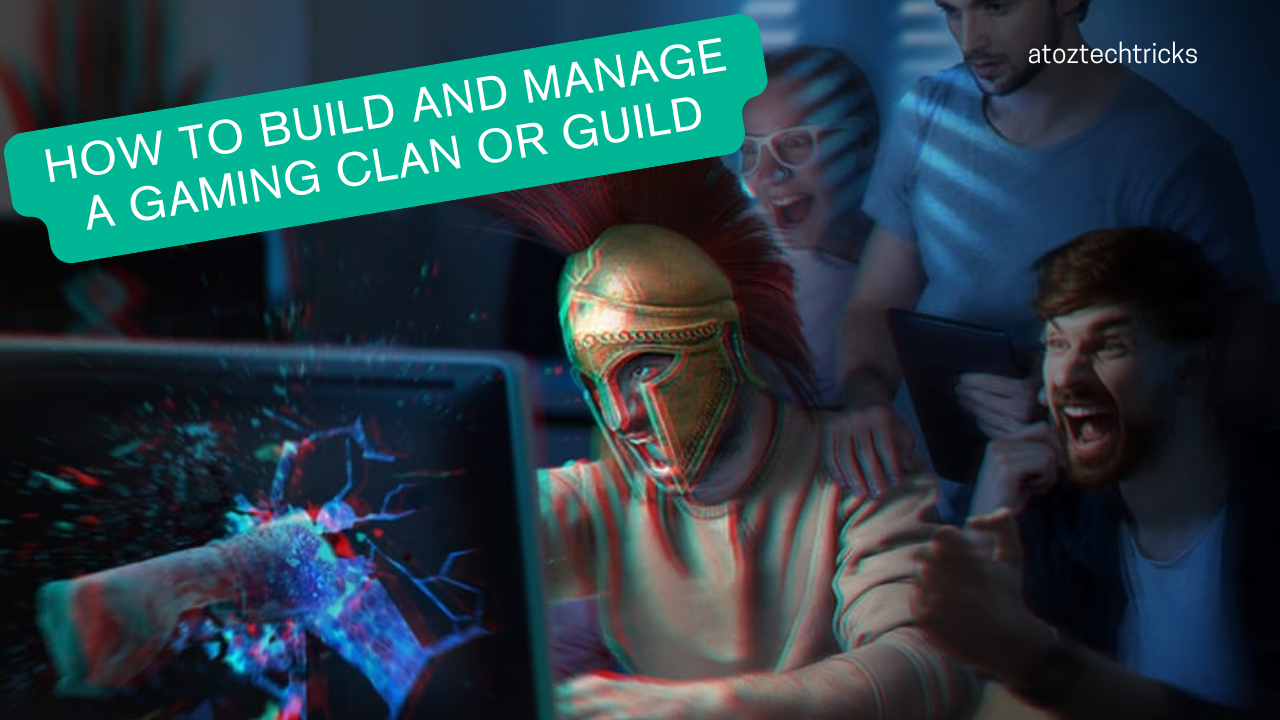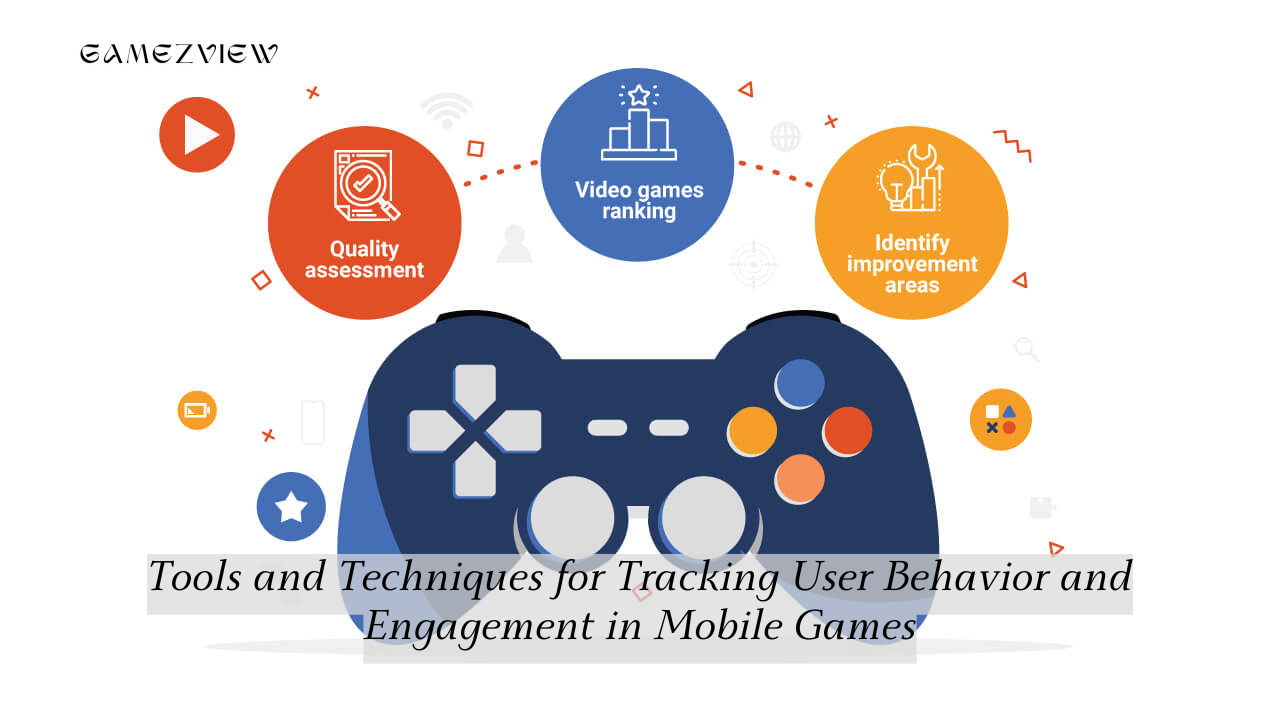In the world of gaming, clans and guilds serve as more than just groups of players—they’re communities where gamers unite, strategize, and grow together. Building and managing a successful gaming clan or guild requires careful planning, effective leadership, and a deep understanding of what makes a gaming community thrive. This guide will take you through the essential steps of establishing a gaming clan or guild and offer strategies to keep it running smoothly.
1. Defining Your Clan or Guild’s Purpose
Before diving into the logistics, it’s crucial to define the core purpose of your gaming clan or guild. What are your goals? Are you aiming for competitive success, casual play, or a mix of both? Your purpose will shape the structure and culture of your clan.
- Competitive Focus: If your goal is to compete in tournaments or leagues, you’ll need a structured approach with clear strategies and a commitment to regular practice.
- Casual Play: For a more laid-back environment, focus on creating a fun and friendly atmosphere where members can enjoy games without pressure.
- Community Building: If you aim to create a social hub, prioritize events, discussions, and activities that foster community engagement.

2. Establishing the Clan or Guild Structure
Once you’ve determined your purpose, it’s time to set up the structure of your clan or guild. This includes defining roles, creating a hierarchy, and establishing rules.
Roles and Hierarchy
- Leader: The leader oversees the overall direction of the clan or guild, makes final decisions, and represents the group in external matters.
- Officers: Officers manage specific aspects of the clan, such as recruitment, events, or training. They help enforce rules and assist the leader in day-to-day operations.
- Members: Regular members participate in activities, contribute to discussions, and support the clan’s goals. They may have different ranks or roles based on their contributions or achievements.
- New Recruits: New members who are in a probationary period, are often assessed before becoming full members.
Rules and Regulations
Create a clear set of rules and regulations to guide behaviour and ensure a positive environment. This may include:
- Code of Conduct: Guidelines on how members should interact, both within and outside of the game.
- Activity Expectations: Requirements for participation in events or matches.
- Disciplinary Actions: Consequences for breaking rules, can range from warnings to expulsion.
3. Recruiting Members
Recruitment is a critical step in building a successful gaming clan or guild. Here’s how to attract and select the right members:
Where to Find Players
- In-Game Recruitment: Use in-game chat and forums to announce your clan or guild. Look for players who exhibit the qualities you’re seeking.
- Gaming Forums and Communities: Post about your clan on relevant forums, subreddits, or social media groups.
- Friends and Allies: Invite friends or acquaintances who share your gaming interests.
Recruitment Process
- Application: Set up an application process where prospective members can express their interest and share their gaming experience.
- Interview: Conduct interviews or informal chats to assess their fit with your clan’s culture and goals.
- Trial Period: Implement a trial period where recruits can demonstrate their commitment and compatibility before becoming full members.
4. Building a Positive Community
A thriving gaming clan or guild is built on a foundation of positive interactions and mutual respect. Focus on creating a welcoming environment where members feel valued.
Communication Channels
- Discord/Teamspeak: Use voice and text communication platforms to facilitate interaction and coordination.
- Forums/Website: Maintain a forum or website where members can post updates, share content, and discuss strategies.
- Social Media: Engage with members through social media to share news and updates.
Community Activities
- Events: Organize regular events, such as in-game tournaments, social gatherings, or collaborative missions.
- Recognition: Celebrate achievements and contributions, whether through awards, shoutouts, or special roles.
- Feedback: Encourage and listen to feedback from members to continuously improve the community experience.
5. Managing and Leading the Clan or Guild
Effective management and leadership are crucial for the longevity and success of your clan or guild. Here’s how to excel in these areas:
Leadership Skills
- Communication: Articulate goals, expectations, and decisions. Be open to feedback and foster a two-way dialogue.
- Organization: Keep track of schedules, events, and member activities. Use tools like calendars and task management apps to stay organized.
- Conflict Resolution: Address disputes promptly and fairly. Implement a process for resolving conflicts and ensure that it’s consistently applied.
Delegation and Empowerment
- Delegate Responsibilities: Assign specific tasks or areas of responsibility to officers or trusted members. This not only lightens your load but also empowers others.
- Trust Your Team: Allow officers and members to take initiative and make decisions within their areas of responsibility.
6. Maintaining and Growing the Clan or Guild
To ensure that your gaming clan or guild remains vibrant and relevant, focus on growth and continuous improvement.
Recruitment and Retention
- Ongoing Recruitment: Keep an eye out for potential new members and continuously recruit to replace any that leave or become inactive.
- Member Retention: Engage with members regularly, address any concerns, and provide incentives for continued participation.
Adapting to Changes
- Game Updates: Stay informed about updates and changes to the games you play, and adapt your strategies and activities accordingly.
- Member Feedback: Regularly seek feedback from members about their experience and make adjustments as needed.
Expanding Your Reach
- Partnerships: Collaborate with other clans or guilds, participate in cross-clan events, or join gaming networks to expand your reach and influence.
- Media Presence: Create and maintain a presence on social media, YouTube, or streaming platforms to promote your clan and attract new members.
7. Troubleshooting Common Issues
Even with the best planning, you may encounter issues along the way. Here are some common problems and how to address them:
Low Activity Levels
- Re-engage Members: Reach out to inactive members, and find out if they have any concerns or suggestions for increasing engagement.
- Revamp Events: Introduce new events or activities to rekindle interest and participation.
Conflicts Among Members
- Mediation: Act as a mediator to resolve conflicts and ensure that all parties are heard.
- Clear Policies: Implement and enforce clear policies for behaviour and conflict resolution.
Leadership Challenges
- Leadership Training: Provide training or resources for leaders to improve their skills and manage their responsibilities effectively.
- Delegate: Share leadership tasks with trusted members to reduce the burden on individual leaders.
Building and managing a gaming clan or guild is a rewarding endeavour that requires dedication, organization, and effective leadership. By defining your purpose, establishing a solid structure, recruiting the right members, fostering a positive community, and adapting to changes, you can create a thriving gaming group. Remember, the key to a successful clan or guild is not just in the games you play but in the relationships and experiences you build along the way.



